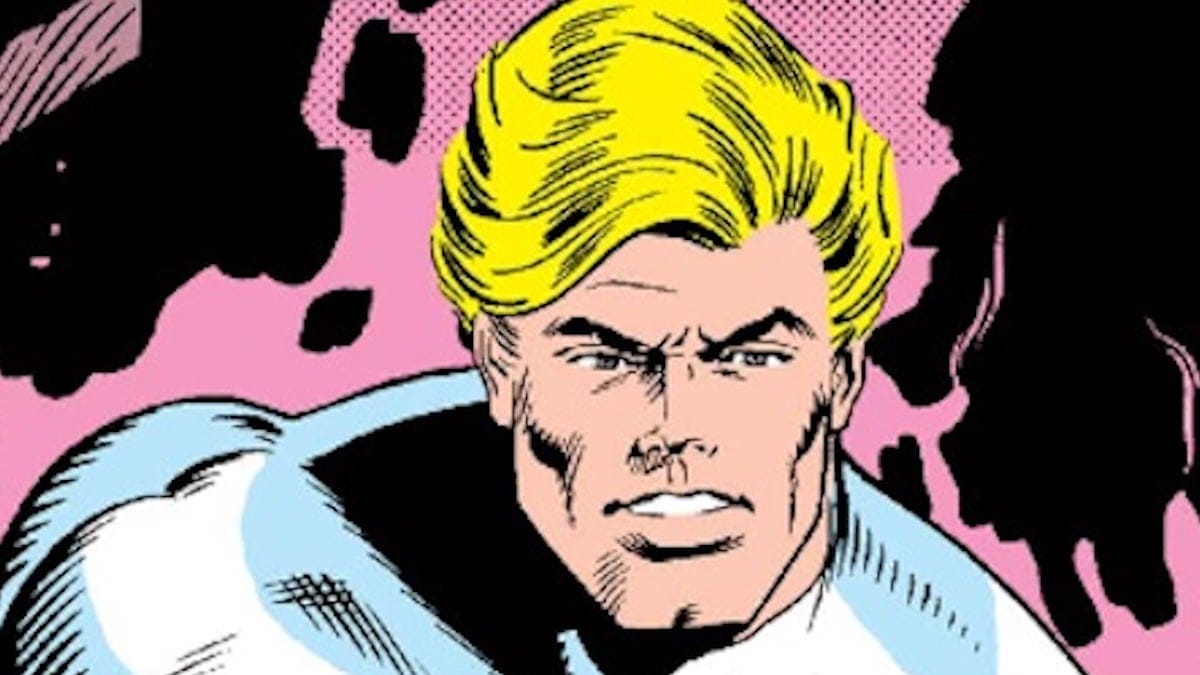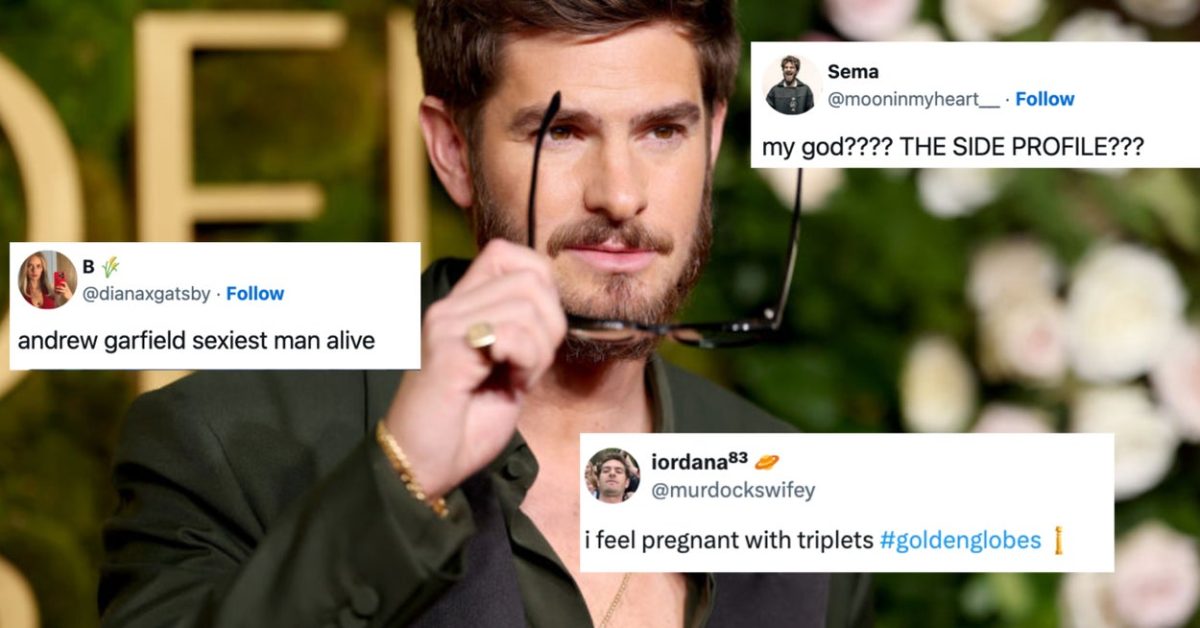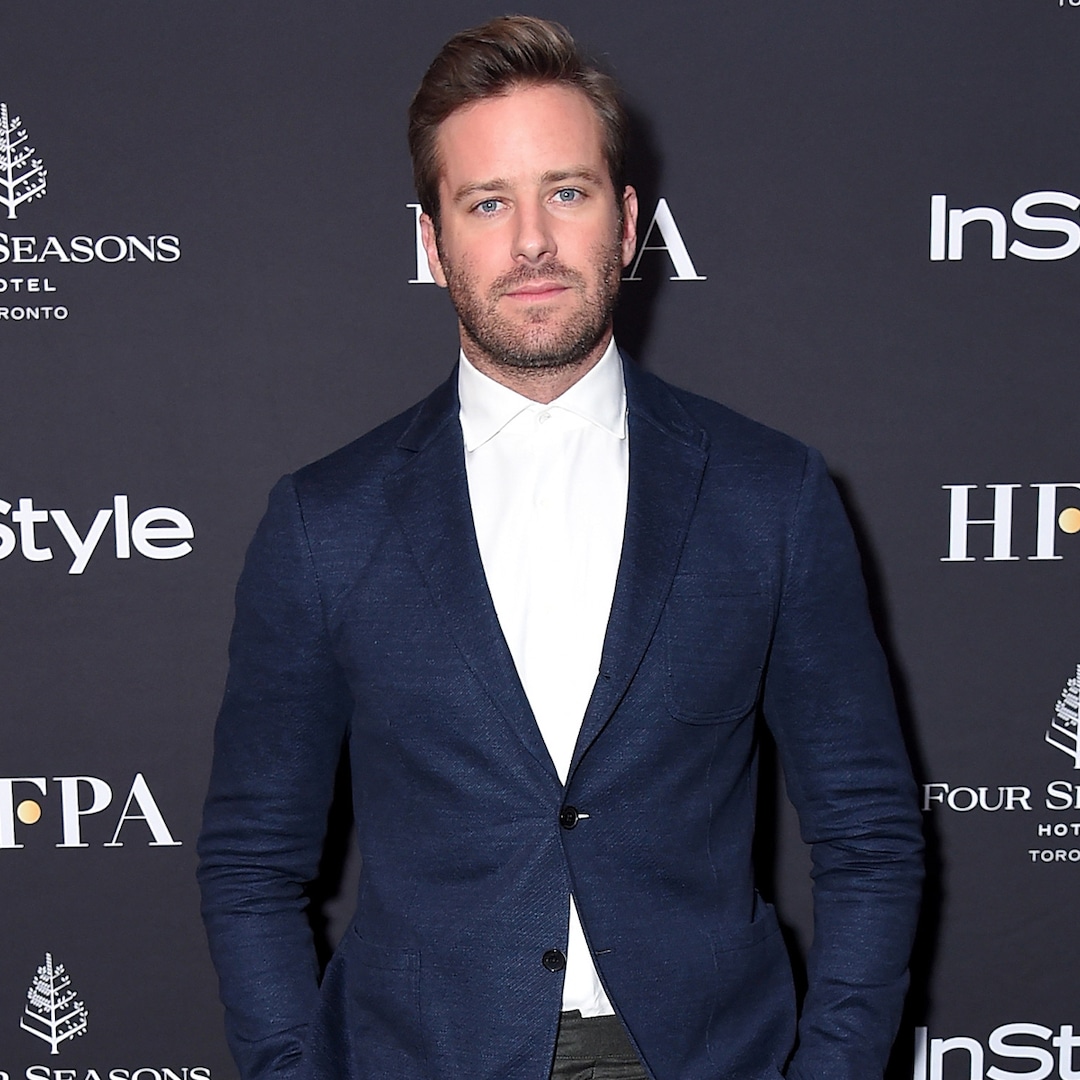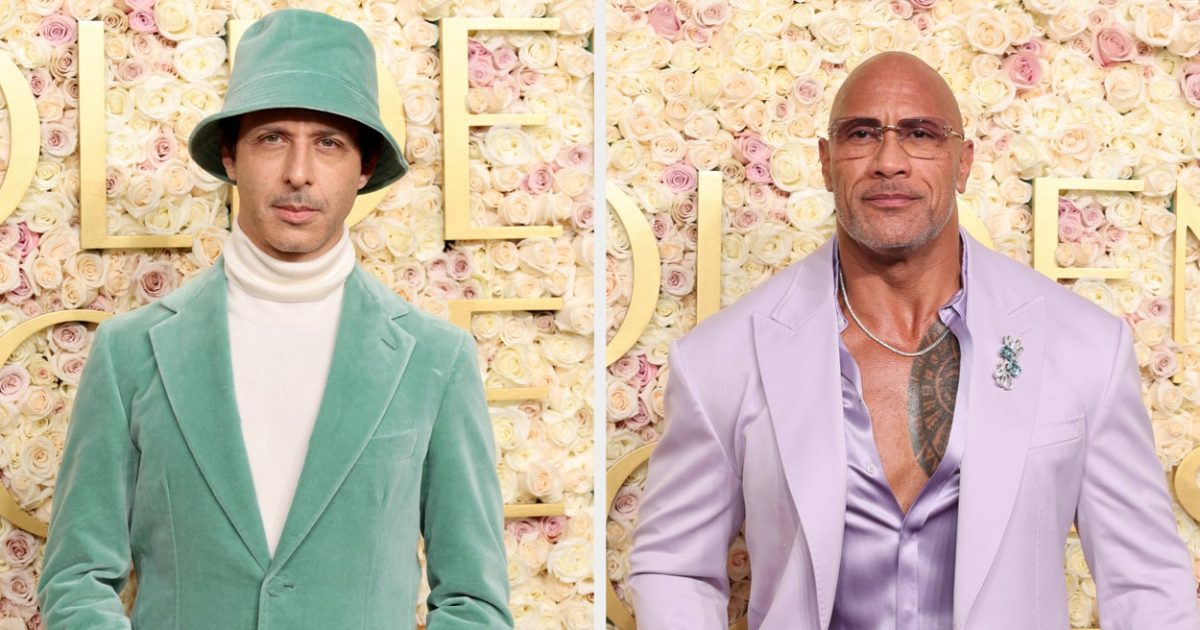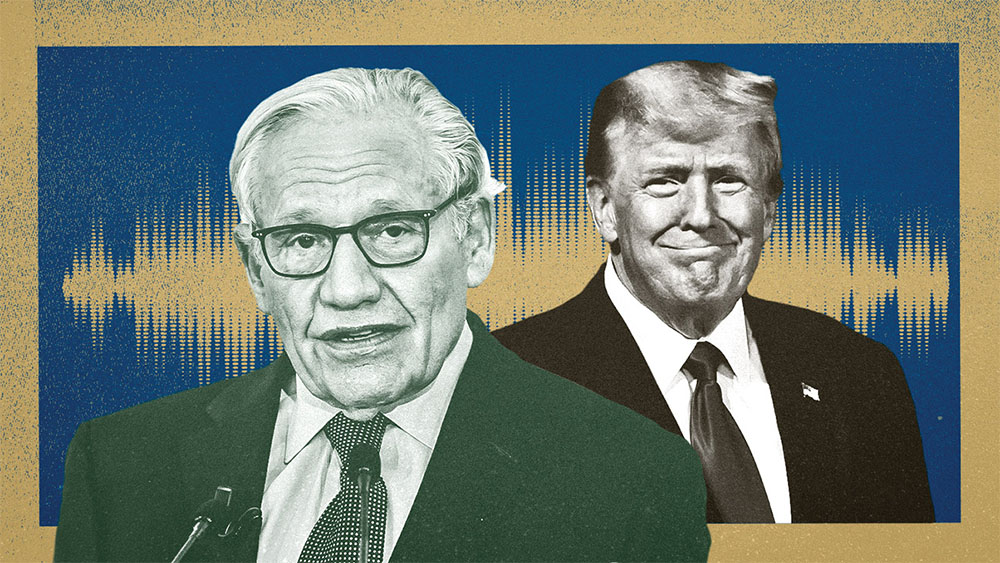
Who Owns Those Donald Trump Interviews? – The Hollywood Reporter
Apr 19, 2023
Donald Trump may have stumbled onto a novel copyright issue.
On Jan. 30, the ever-litigious Trump sued Bob Woodward and his publisher Simon & Schuster over the public release of audio recordings from their interviews for Woodward’s book, aptly titled The Trump Tapes. More than eight hours of excerpts from the interviews were published in October as an audiobook, and Trump says he’s entitled to all or most of those profits because he only granted Woodward permission to use his responses in a book. The former president asked for a court order declaring that he owns the copyright to the recordings or, at least, to his responses to the questions in the back-and-forth.
Woodward, in his motion for dismissal, argues that Trump’s claim fails because he hasn’t obtained the requisite copyright registration. While few courts have addressed interview ownership, he also argues it’s “obvious that ownership vests in the journalist, particularly when interviewing government officials,” who cannot avail themselves of protection for work done as part of their official duties.
Case law is sparse, and the dispute raises unsettled questions about the copyright interest of the parties in an interview. “Are [interviews] joint works or do they have two authors, each of whom own their parts?” says Rebecca Tushnet, a Harvard Law School professor specializing in intellectual property and free speech. “There are multiple options, none of which is clearly the answer.”
The Trump Tapes by Bob Woodward
Courtesy of Simon & Schuster
There are two potential copyrights in play for the recorded interviews: the audio itself and the collection of words from each speaker.
Ownership of the sound recordings depends on the “performance and production authorship” involved in creating them rather than the underlying content embodied in that recording. Trump claimed in his suit that he’s the “narrator” of the recordings, but Woodward can possibly argue that he was the producer. Under this framework, the court is likely to rule in favor of Woodward since he made the creative choices in the recording, according to legal experts.
Ownership of the series of questions and responses in the interview, however, is up in the air. The work is likely not eligible for joint authorship since neither Trump nor Woodward intended to be co-authors. Tushnet says Trump’s suit underscores that the “current precedent on joint authorship is troubling” since it “denies the reality that [Trump and Woodward] did this together.” She adds that legal scholars criticize the rule of intent as unfair to “people who contribute a substantial amount and don’t have bargaining power.”
If no joint authorship is found, it leaves two options: The interview is a single work with a single author, or two works with two authors. While it seems impractical to divide an interview into dual works, it’s possible the interviewer and interviewee own the copyright to their respective questions and responses.
“Each has the right to claim copyright in his or her expression in the absence of a valid agreement to the contrary,” says the Compendium of U.S. Copyright Office Practices, a document the office updates periodically to give general guidance on topics. Under this scheme, Trump and Woodward could each own the series of words they spoke.
If the judge finds there was no implied consent or fair use, or there’s no protection for works prepared by federal employees as part of their official duties, Woodward could have violated Trump’s copyright by publishing the audiobook. There’s not much of a road map, though, as the few courts that have considered the issue have offered clashing opinions on whether interviewees have copyright interests to their responses.
In 1999, Chicago news station WMAQ was sued for copyright infringement over allegedly breaking a promise not to air an interview from an inmate. The judge rejected the inmate’s claim, finding his words were “simply an idea” and didn’t “rise to the level of a literary or intellectual creation” to warrant protection. That order fell in line with the reasoning in an earlier case in which a reverend sued Penthouse over publication of an interview without consent. The court noted that “common law copyright protection for the spoken word has not been established by any court” and concluded that the responses weren’t worthy of protection since the “actual dialogue, including the unprepared responses of plaintiff, was spontaneous and proceeded in a question-and-answer format.”
A judge who oversaw a suit from Lynn Thomson, who claimed partial authorship of Jonathan Larson’s hit Broadway show ”Rent” reached the opposite conclusion on whether a work can be split. In that case, the court concluded the plaintiff wasn’t a coauthor on Rent since Larson never intended for the play to be a joint work but said that she contributed some copyrightable material to the musical. U.S. District Judge Lewis Kaplan wrote that Thomson “made at least some non-de minimis copyrightable contribution” because “there are lines in Rent that originated verbatim” with her. She later filed a copyright infringement suit seeking to halt the use of her material in the play. The case settled.
While those courts didn’t find copyright infringement, they suggested that an interviewee’s responses could be copyrightable if they were pre-planned and met a certain level of intellectual and creative rigor.
Jessica Silbey, an intellectual property and constitutional law professor at Boston University School of Law, says “there’s no question” that the contributions from both Trump and Woodward technically “satisfy” the criteria for copyrightable authorship but it wouldn’t be practical to parse it out.
“The answers don’t make sense without the questions,” says Silbey, adding that the copyright should belong solely to Woodward. She warns that it would “blow up copyright law to take apart works in this way.”
This story first appeared in the April 12 issue of The Hollywood Reporter magazine. Click here to subscribe.
Publisher: Source link
The Internet Has Officially Lost It Over Andrew Garfield's Slutty Glasses
That man knew exactly what he was doing with those glasses.View Entire Post › Disclaimer: This story is auto-aggregated by a computer program and has not been created or edited by filmibee.Publisher: Source link
Jan 9, 2025
Armie Hammer Lands First Movie Role Since Cannibalism Allegations
Armie Hammer Cameos As “Kannibal Ken” in Music Video 4 Years After Cannibalism ClaimsArmie Hammer is heading back to the big screen. More than one year after the Los Angeles Police Department ended their lengthy investigation into the Call Me…
Jan 9, 2025
20 Best Dressed Men At The 2025 Golden Globes
20 Best Dressed Men At The 2025 Golden Globes The televised portion of awards season is here! On Sunday night, the Golden Globes were held in Los Angeles, kicking off what looks to be a lively next several months of…
Jan 8, 2025
Tom Cruise & Nicole Kidman’s Son Connor Shares 2025 Update in New Pic
Tom Cruise and Nicole Kidman's Son Connor Cruise Golfs With Crocodile in New PostTom Cruise and Nicole Kidman's son is teeing up for a great year. Connor Cruise recently kicked off 2025 at the links, swinging by Lost City Golf…
Jan 8, 2025



